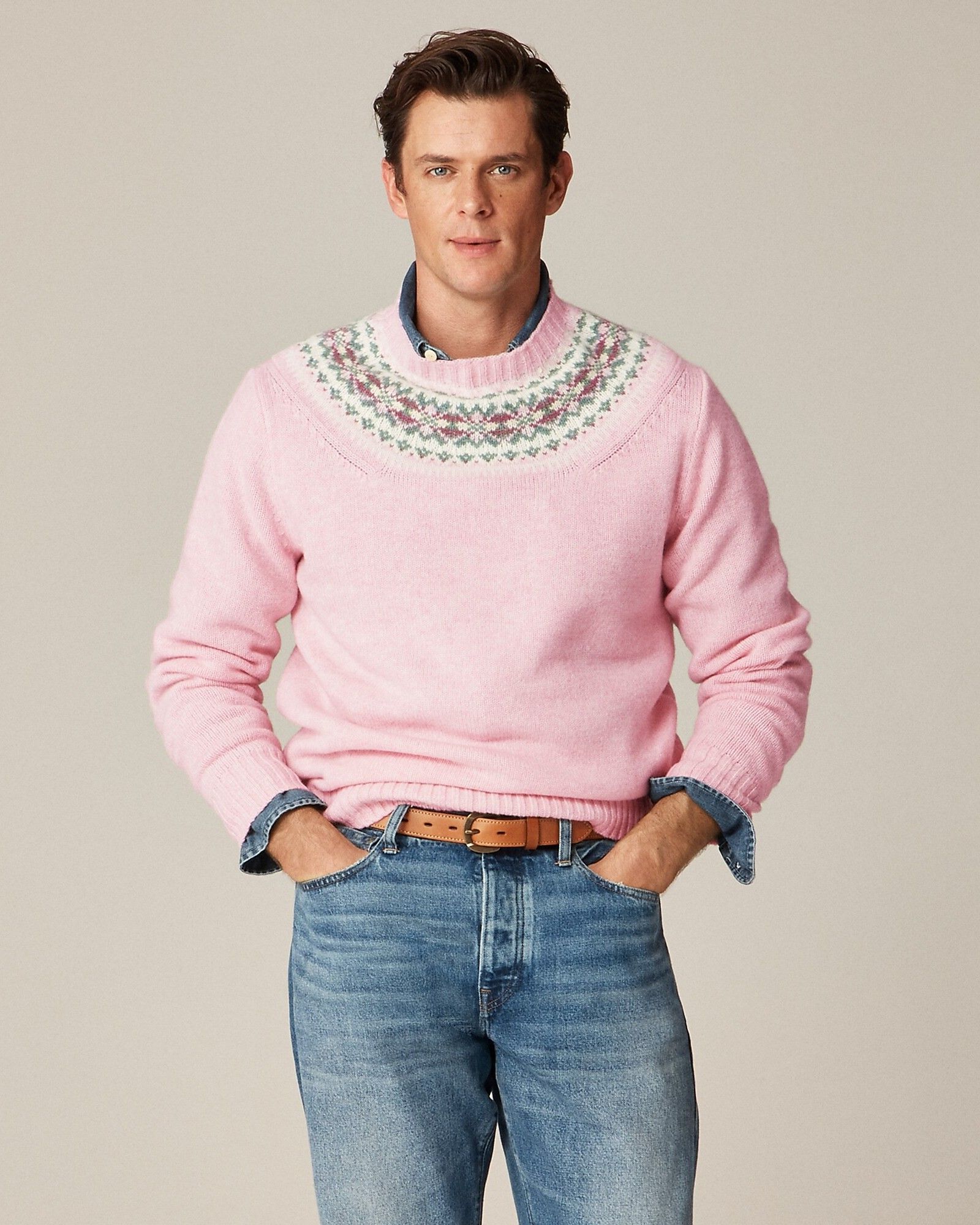
What is the aura trend on TikTok? At last, social media finally cares about philosophy
The new TikTok trend favored by Gen Z is related to "aura." To explain what it's about, we need to take a step back in time when we saw characters in DragonBall using a special ocular instrument to measure the combat power of their enemies. According to viral videos on "aura points," it is possible to gain or lose points based on life choices, what happens to us, and our reactions. A sort of spinoff of riz (for those born before 2000, it is the abbreviation of charisma), "aura" represents the new frontier of Gen Z slang, a word halfway between the world of mysticism and video games. One of the oldest memes on the internet refers to this term, a still image from an episode of DragonBall where Piccolo (also known as Junior) exclaims, frightened: «He has a very powerful aura!» Once again, digital humor takes an unexpected turn: the spiritual one. With a touch of y2K nostalgia, which never hurts.
@tmlplanet Ho un'aura potentissima! #memerabili #memeperte #perte #stupid #idothat #forza #simpaticissimi #bottiglia #dragonball suono originale - TML
«How many aura points did I lose that time my boss sent me home because I couldn't stop crying», or «+100 aura points» for those who managed to get a romantic date even after embarrassing themselves in front of their crush. The "rulebook" - if it can be called that - to follow to calculate the level of our aura is quite intuitive: a personal success equals a gain in “coolness”, a style failure a dramatic loss. Thanks to rather simple criteria, the trend has found popularity on TikTok in a very short time: according to the Wall Street Journal, from May to June alone, content tagged with #aurapoints increased by 378% on the platform. Since the app's algorithm tends to promote similar content that performs well online, it is clear that “aura points” are just a new way for Gen Z to get record views and interactions. That said, the trend also seems to belong to the fringe of the internet that deals with esotericism, philosophy, and spiritual practices - see hopecore, new age positivism, reality shifting and more.
There are also those who make “aura points” a philosophical matter. Interviewed by The Guardian, the founder of Philosophers’ Magazine Julian Baggini states that the phenomenon is completely in line with Gen Z's passion for alternative belief systems. Recently, Baggini argues, «there is a kind of zeitgeist surrounding karma and energy at the moment, which is why there is talk of aura». In ancient history, adds Ellie Anderson, assistant professor of philosophy on the podcast Overthink, it was Aristotle, with his virtue ethics, who produced one of the first metrics for judging a person's character. In short, according to experts, we are talking about millennia of the history of philosophy, not just a short video on TikTok telling about that time when the hotel waiter asked for your phone number and you replied «I have a boyfriend», only to find out he meant your room number.
@madeofmillions It’s not *that* deep, and a lot of the videos are harmless/funny. But in the context of all the other trends happening on social media, we need to question why this line of thinking keeps popping up. - Can people exist without having every experience or personality trait labeled? Are we allowed to be awkward sometimes? Why do we feel uncomfortable when someone is more humanized? What if we were kinder to ourselves and others? #aura #aurapoints #aurapointmeaning #aurapointdidilose #aurapointphotos #aurapointschool #aurapointslideshow #mentalhealth #learnontiktok #madeofmillions24 original sound - Made of Millions
Whether through the number of followers or aura points, the motif behind social media success is always the same. With a sense of self still developing, teenagers and young people explore all possible means to quantify their value, whether it corresponds to the level of intelligence, charisma, or attractiveness. During the rise of the first social platforms, all that could be used to calculate an user's popularity was the number of connections they had (at the time they were called "friendships") or the average likes their photos garnered, while now, having reached an advanced stage of digital relationships, Gen Z uses more fun and less literal methods to measure “coolness” online. Then, if we haven't yet invented an Italian word to translate the term without sounding uncool, maybe it's because the concept itself lacks “coolness.” How many aura points do you get when you stop worrying about what people think of you?













































